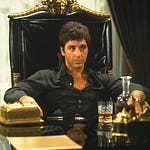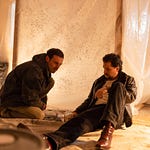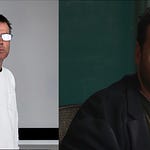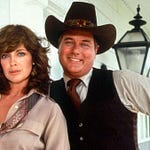
On this week’s show, I’m joined by Arthur Smith, chairman of A. Smith and Co. Productions, the company behind long-running hits like Hell’s Kitchen and American Ninja Warrior. In addition to explaining why he shies away from the label “reality TV,” he’s here to talk about his career and his fascinating new book Reach: Hard Lessons and Learned Truths from a Lifetime in Television. Arthur has one of the most interesting careers of anyone I’ve ever spoken to: he got his start at the CBC, working his way up to the head of sports, before moving to Dick Clark’s production company in the States, then getting in on the ground floor at Fox Sports, and then founding A. Smith and Co. where he’s produced shows for the major networks, cable companies, and streamers alike. He’s seen every facet of the business over the last 40-some years and has great insights into how things have changed—and how they’ve stayed the same. If you learned something from this episode and think others would enjoy it, please share it with a friend!
If you would prefer to listen to the show on your favorite podcast app, you can subscribe to the show on the platforms at the links below:
Apple Podcasts | Spotify | Stitcher | YouTube | Google | Overcast | Castro | TuneIn | Pocket Casts | Pandora














Just Don't Call it 'Reality' TV